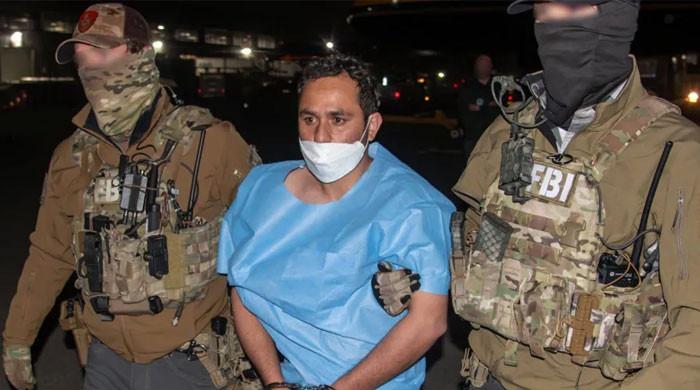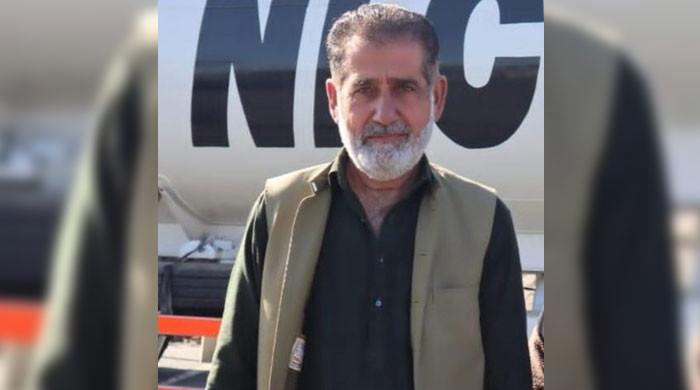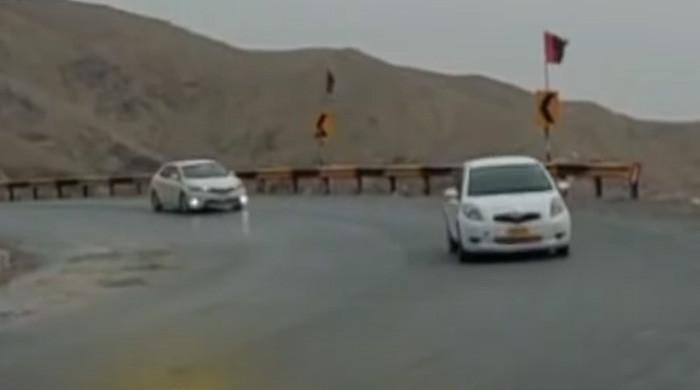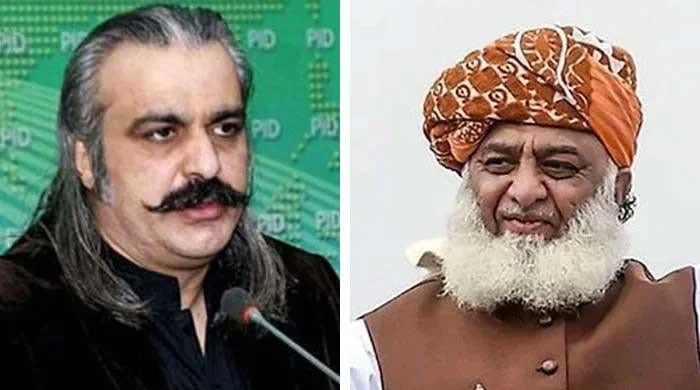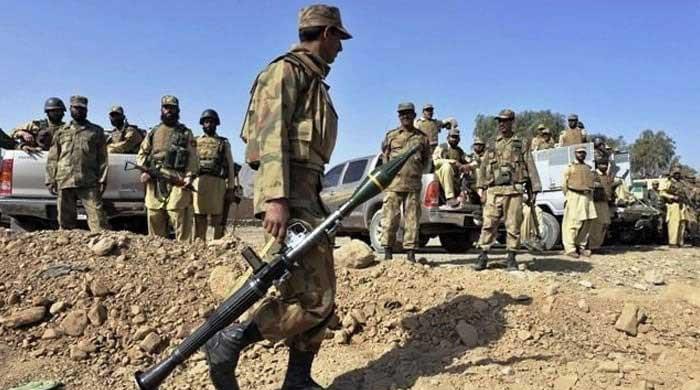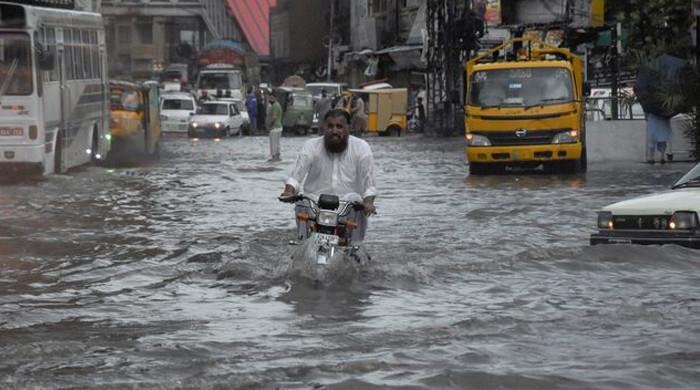Pakistan rejects US congressmen letter on rights situation following May 9
Islamabad committed to its constitutional obligations to protect the citizens’ rights, says FO
May 25, 2023
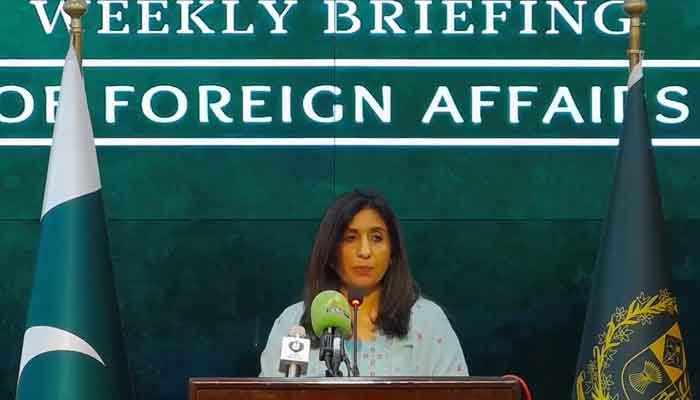
- FO spokesperson says rights of all citizens being protected.
- Emphasises that all actions taken in line with Constitution.
- Slams Indian move of holding of G20 meet in disputed territory.
ISLAMABAD: Pakistan on Thursday said that it did not agree with the content of the letter written to Secretary of State Antony Blinken by the US congressmen on the human rights situation following the May 9 vandalism.
More than 60 members of the US Congress had asked Blinken to exert pressure on the Pakistani government in order to address the human rights situation in the country.
The letter, co-authored by Congresswoman Elissa Slotkin and Congressman Brian Fitzpatrick, was signed by 65 other lawmakers "deeply troubled by the democratic backsliding and human rights abuses" in Pakistan following the tragic events of May 9 during which protesters attacked military and government installations.
The deadly protests triggered by Pakistan Tehreek-e-Insaf (PTI) Chairman Imran Khan's arrest, claimed the lives of at least 10 people and injured dozens of others, with the authorities arresting thousands of party workers and leaders.
“We have seen the letter. We do not agree with the characterisation of the events of May 9 and the situation in Pakistan, as reflected in that letter,” Foreign Office Spokesperson Mumtaz Zehra Baloch said in a press briefing on Thursday.
She said the National Security Committee (NSC), comprising top civil and military leadership of the country, spelt out the factual situation around the events of May 9.
“Pakistan remains committed to its constitutional obligations to protect the rights and property of all its citizens. These constitutional guarantees and fundamental freedoms are being underwritten by our judiciary,” the spokesperson added.
G20 meet in IIOJK
Speaking about the G20 Tourism Working Group meeting in the Indian Illegally Occupied Jammu and Kashmir (IIOJK), Baloch said that Pakistan hasn't sent any letter to its missions regarding the moot.
She said that Pakistan categorically rejects all propaganda such as New Delhi's move to politicise an international forum.
However, Pakistan will keep raising the Kashmir issue at every global forum and continue to support the struggle of Kashmiris for their rights, she added.
"Jammu and Kashmir is an internationally recognised disputed territory. The dispute has remained on the agenda of the United Nations Security Council (UNSC) for over seven decades," the FO spokesperson said.
She added that holding the G20 meeting in a disputed territory was a betrayal.
"Tourism and development cannot be promoted by holding the local population hostage and denying them their rights and freedoms. By holding the G20 meeting in Srinagar, India cannot hide the reality of its illegal occupation of IIOJK and oppression of the Kashmiri people," it added.




